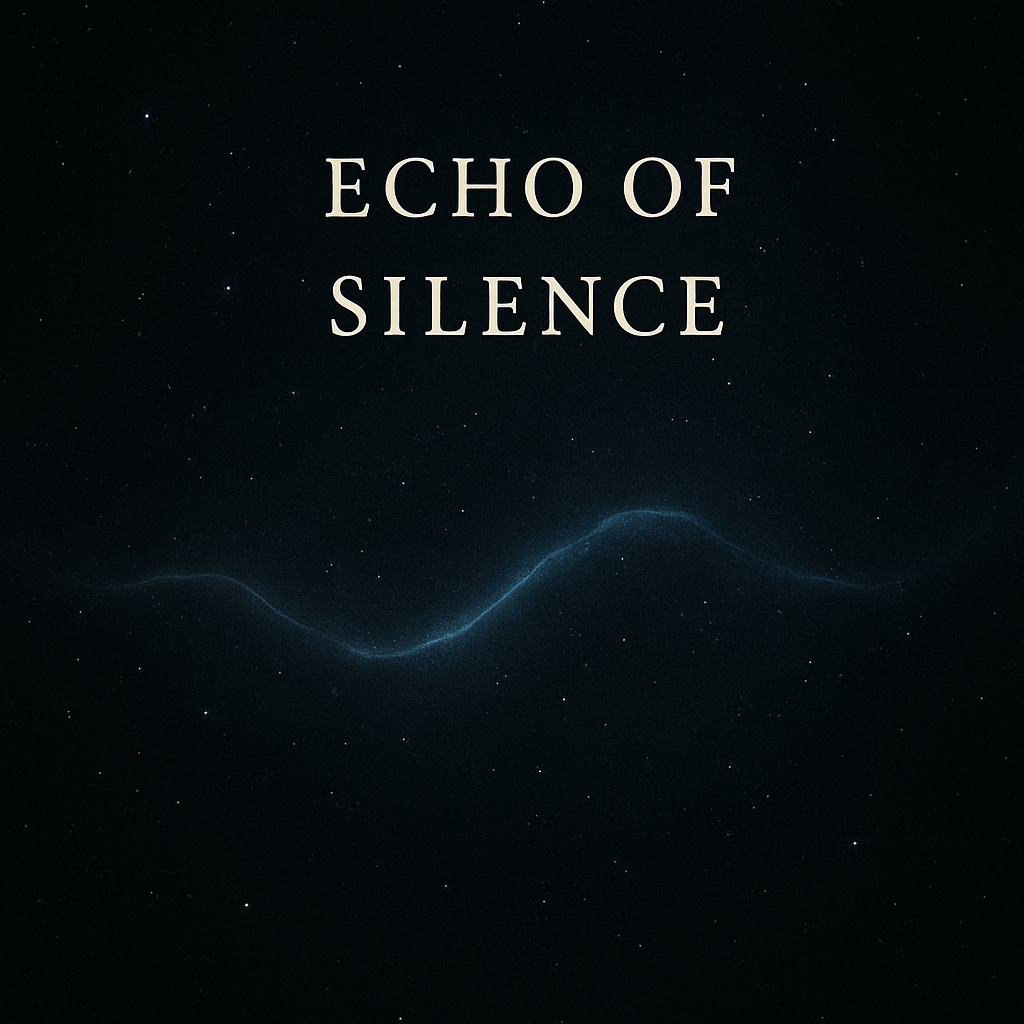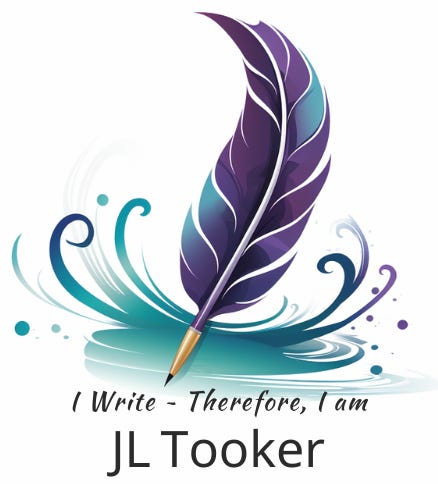Last week, we explored how science is beginning to trace ancestral echoes in the body through epigenetics — how trauma doesn’t always end with the one who suffers it.
But what about the things never said aloud? What about the griefs we never learned, yet somehow still feel?
I cannot help but feel… some stories are told. Others are absorbed.
Note to Readers:
This essay touches on themes of family secrets, adoption, inherited trauma, and unspoken grief. While not graphic, some reflections may be emotionally resonant or tender for those with similar lived experience.
Please feel free to take breaks or return to this space when you’re ready.
Inheriting the Unspoken
Not all trauma is named—but it is often lived.
Family Secrets
Every family has them. Don’t they? I want to believe the answer is no, but my bias speaks: I’ve seen how family secrets can wound.
There are many types of secrets—and not all hold equal power.
Hidden truths – deliberate concealments like adoption, infidelity, or “lost” siblings. Often meant to protect, but with lasting emotional fallout.
Unspoken rules – the implicit expectations: “Don’t ask that,” “Children should be seen, not heard,” or “We don’t talk politics here.”
Generational secrets – whispered traumas or events never fully named, passed down with shame or silence. My own mother didn’t know my father was adopted until their wedding day. Some of my siblings still believe his adoptive father is their biological grandfather. (Don’t ask. I get it.)
Internal secrets – truths known to some family members, kept from others. The selective silences of lineage.
Why do we keep secrets?
To protect. To maintain harmony. To avoid shame. And yes, intention matters.
“While all deception requires secrecy, all secrecy is not meant to deceive.”
~ Sissela Bok
“There are no secrets that time does not reveal.”
~Jean Racine
And therein lies the problem.
Consequences of Secrecy
Damaged trust and false realities
Emotional distance and unspoken resentments
Anxiety, depression, identity confusion
But here’s the deeper truth: when secrets are kept over generations, they become a form of intergenerational trauma.
Trauma, Epigenetics, and the Inherited Unknown
Last week, we explored how epigenetic memory — chemical markers that affect gene expression — can pass trauma from one generation to the next.
Examples like the Dutch Hunger Winter show how famine endured by one generation can impact the health, stress responses, and emotional patterns of those born decades later. Even without firsthand experience, the body remembers.
But it’s never either/or. Trauma can be inherited biologically and culturally. Family secrets passed through silence and shame can be just as haunting as starvation encoded into the genome.
That’s the story I’m trying to write—part memoir, part fiction.
About my father, who never knew his father.
Not because no one knew. But because someone did … and didn’t tell.
The wound he carried wasn’t just a missing name—it was the ache of being haunted by a man who may have lived centuries before him. Not his father, but a lost ancestor. And maybe … a lost mother too.
I want to write that story. But first, I have to become brave enough to hear it.
Silence as Character
The point is—trauma can be silent. Not just for you and me, but for the characters we write.
Writer’s Link
Characters are people too. They carry unspoken griefs, irrational fears, inherited longings.
In Starwoven: Hear My Call, a little girl reaches for connection … or does she already have it? Is the silence she carries truly her own?
What if the character’s strange reactions aren’t “random” quirks—but ghosts, embedded in behavior?
Ask:
Why does this character sabotage love or connection?
Why can’t they speak about their past?
Why do they fear water … the dark … the sound of bells?
Could inherited memory explain the pieces that don’t otherwise fit?
Speculative Fiction as Testing Ground
The beautiful thing about fiction—especially speculative fiction—is that it gives us space to explore what science hasn’t proven (yet).
What if memory could travel forward?
Memory crystals encoded in DNA or embedded in ancestral stones
Biological time loops—epigenetic messages passed like whispers in blood
Genetic memory detectives, tracing trauma across timelines
Prophetic dreams that don’t belong to the dreamer
In Starwoven, Red and Zophia share a silence too precise to be accidental. Is it genetic? Is it emotional? Is it unspoken grief trying to find a voice?
The most powerful speculative fiction doesn’t explain. It feels. It trusts that we’ll recognize something we’ve never been taught—because it lives in us already.
The Collective Unconscious—or Collective Inheritance?
Carl Jung theorized a collective unconscious—a shared layer of memory from which myths and archetypes emerge.
Maybe what he was sensing was the emotional residue of a species that remembers.
Maybe archetypes are not just symbolic… but epigenetic.
Maybe the Hero, the Orphan, the Silent Mother … are figures we feel because they echo inside us—not just metaphorically, but biologically.
Closing Reflection: A Whisper from Red
I used to think the only thing my mother gave me was a name I didn’t ask for.
But out here, where the ship noise fades and the stars don’t blink, I feel something else.Like maybe the fear wasn’t mine.
Like maybe the silence I carried was just a song she never got to sing.I don’t know what happened to her before me.
But I think I’ve been remembering it anyway.
What about you?
Do your characters carry something that doesn’t belong to them?
Do you?
What story might be waiting in the silence?
Dear Reader,
I have a small gift for you. No subscription necessary; support comes in many ways.
Writer’s Prompt Bundle: Inherited Memory & Character Development
Enjoy!








Very well written 🫶
Thank you. This touches a nerve right now because of my closeness to my father who carried a lot of unspoken pain.